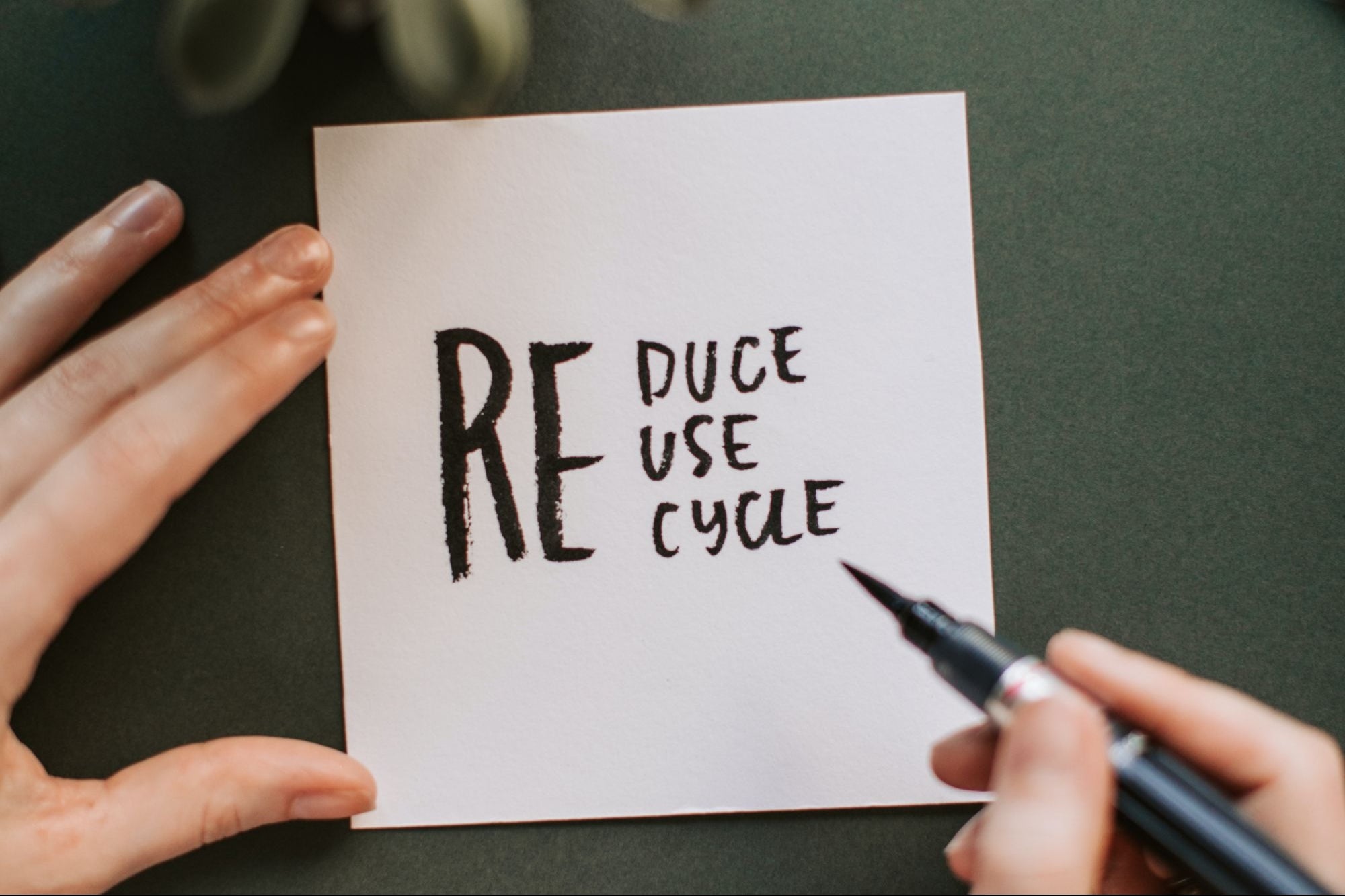Central Government Is All Set To Ban Single-Use Plastic From 1st July 2022 The central pollution control board issued the list of prohibited items, concerns about the ban continue to prevail within the manufacturers and traders
By Teena Jose
Opinions expressed by Entrepreneur contributors are their own.
You're reading Entrepreneur India, an international franchise of Entrepreneur Media.

Do you feel like buying anything all of a sudden? If it was a while ago, just go to the store and buy anything you want. It was enough to think only about the quality of the goods. But now the changed scenario is forcing us to look at the product along with its packaging and the cover that we brought along with the goods.
The central pollution control board (CPCB), a government body under the ministry of environment, has issued a notice to ban the single-use plastic from 1st July 2022. The Centre also came out with the list of items that will be banned which includes plastic bags, takeaway food containers, disposable cutlery, straws and stirrers, processed food packets and wrappers, cotton bud sticks etc. The ban includes manufacture, import, stocking, distribution, sale and use of single-use plastic items.
As per the notification of Central government, "The manufacture, import, stocking, distribution, sale and use of single-use plastic, including polystyrene and expanded polystyrene commodities will be banned effectively from July 1, 2022. Other prohibited items include plastic sticks, plastic cups, plastic glasses, plastic or PVC banners less than 100 microns, stirrers, plastic spoons, forks, knives and straws."
In August 2021, the Centre announced a ban on single-use plastic products. According to a notification by the environment ministry on plastic waste management amendment rules, 2021 also announced the prohibition of single-use plastic products.
The following rules created a huge impact on e-commerce companies also. The CPCB issued directions to these companies leading single use plastic sellers or users and plastic raw material manufacturers with respect to phasing out of identified single use plastic items. As per reports, the manufacturers of small packaged fruit juices and dairy products such as Parle Agro, Dabur and Mother Dairy, however, want the government to extend the implementation date of the ban. Because the infrastructure for producing paper straws is locally developed and importing such straws will not be economically beneficial for them.
Stating these concerns, Schauna Chauhan, CEO of Parle Agro, said in a news report quoted as saying, "There is no infrastructure at present in India to be able to produce the quantum of straws required for the industry. We have started importing paper straws to ensure the new rules are met by its deadline. However, importing is not a sustainable option. We have already begun work on developing many local MSMEs to be able to cater to our volume of biodegradable straws. This will also help the beverage industry to make the transition effectively without facing the negative impact of heavy import cost, heavy logistics cost and supply chain disruptions."
Focusing more into the environmental concerns, studies says that out of 60 cities sampled in the study of plastic generation in the country, it is estimated that the country generated around 26,000 tonnes of plastic waste daily during 2011 to 2012. As per the reports by CPCB during 2017 to 2018, this has grown to 660,787.85 tonnes. This exponential growth is undoubtedly something that put the future of earth in crisis.










